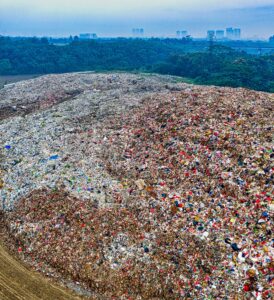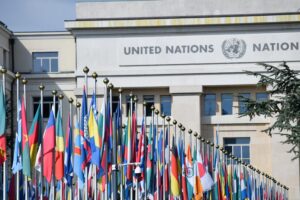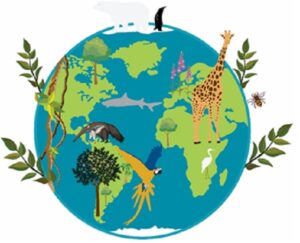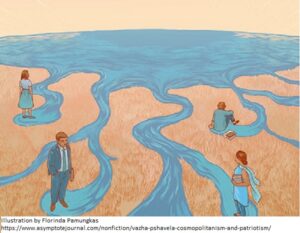
CORPORATE SUSTAINABILITY DUE DILIGENCE DIRECTIVE: AN OVERVIEW
Corporate Sustainability Due Diligence Directive (“CS3D” or also referred to as “CSDDD”), based on Articles 50 and 114 of the Treaty on the Functioning of

Corporate Sustainability Due Diligence Directive (“CS3D” or also referred to as “CSDDD”), based on Articles 50 and 114 of the Treaty on the Functioning of

Across Europe, a wave of farmer protests has emerged, started last year in the Netherlands, but surged further within France, Belgium, Italy, Spain, Lithuania, Romania

Today is not possible to find a unique definition for discrimination, as a phenomenon. Notwithstanding, the scholars has formulated some guidelines to identify when we

Corporate Sustainability Due Diligence Directive (“CS3D” or also referred to as “CSDDD”), based on Articles 50 and 114 of the Treaty on the Functioning of

Across Europe, a wave of farmer protests has emerged, started last year in the Netherlands, but surged further within France, Belgium, Italy, Spain, Lithuania, Romania

Today is not possible to find a unique definition for discrimination, as a phenomenon. Notwithstanding, the scholars has formulated some guidelines to identify when we

few words on what is subcontracting and why it is important in the path towards sustainable development

I. Introduction During the 1990’s a new movement was born, retailers began to sell trendy, poorly made and cheap clothes as an answer to

Since 1981, on 25th of November, the International community commemorates the day for the Elimination of Violence Against Women. This symbolic date was selected to

The Gaza-Israel has received intensified international attention starting from October 7, when Hamas attacked Israel. On the 15th of November The UN security council adopted the

The world population is growing at a very fast pace; with now more than 7 billion inhabitants, and projected to reach more than 9 billion by 2050. The pressure this huge population causes on the earth’s ecosystems is almost immeasurable. It’s even hard to know how many species are extinct since they are uncountable and we discover new species every year.

The blog uses two case studies of Amsterdam (the Netherlands) and Seoul (South Korea) to identify the determinants and objections to collaborative consumption in the urban space. At first, they can show us a broader perspective of the factors that influence collaborative consumption, and a second, because in these cities collaborative consumption was firstly in the world officially proclaimed as part of the urban policy and today has governmental support.

I would like to examine the effects of social media on sustainability. Social media, which is such a powerful tool, affects both negatively and positively on the concept of sustainability, which we often talk about today.

The idea that identities can be collectively constructed could help us in understanding the difference without necessarily putting a wall of radical separation between “us” and “the other”. If people are able to reconcile the thought that any identity is constructed based on interaction and that “my” identity is not an island in a sea of identities but has a unique essence given the different interactions throughout life, individuals might start to realize the importance of interaction in order to construct its “own” identity.

Industries needed inputs and resources, and in most cases, this issue was resolved with the process of conquering foreign nations and “spaces”. Nowadays, land grabbing resembles this, and furtherance of this idea is water grabbing, where water resource is controlled and made use of.
SDWatch.eu is an independent, non-profit and student-led project initiated and managed by students and alumni of the LL.M in Sustainable Development at the University of Milan. It is supported by the Department of Italian and Supranational Public Law of the University.